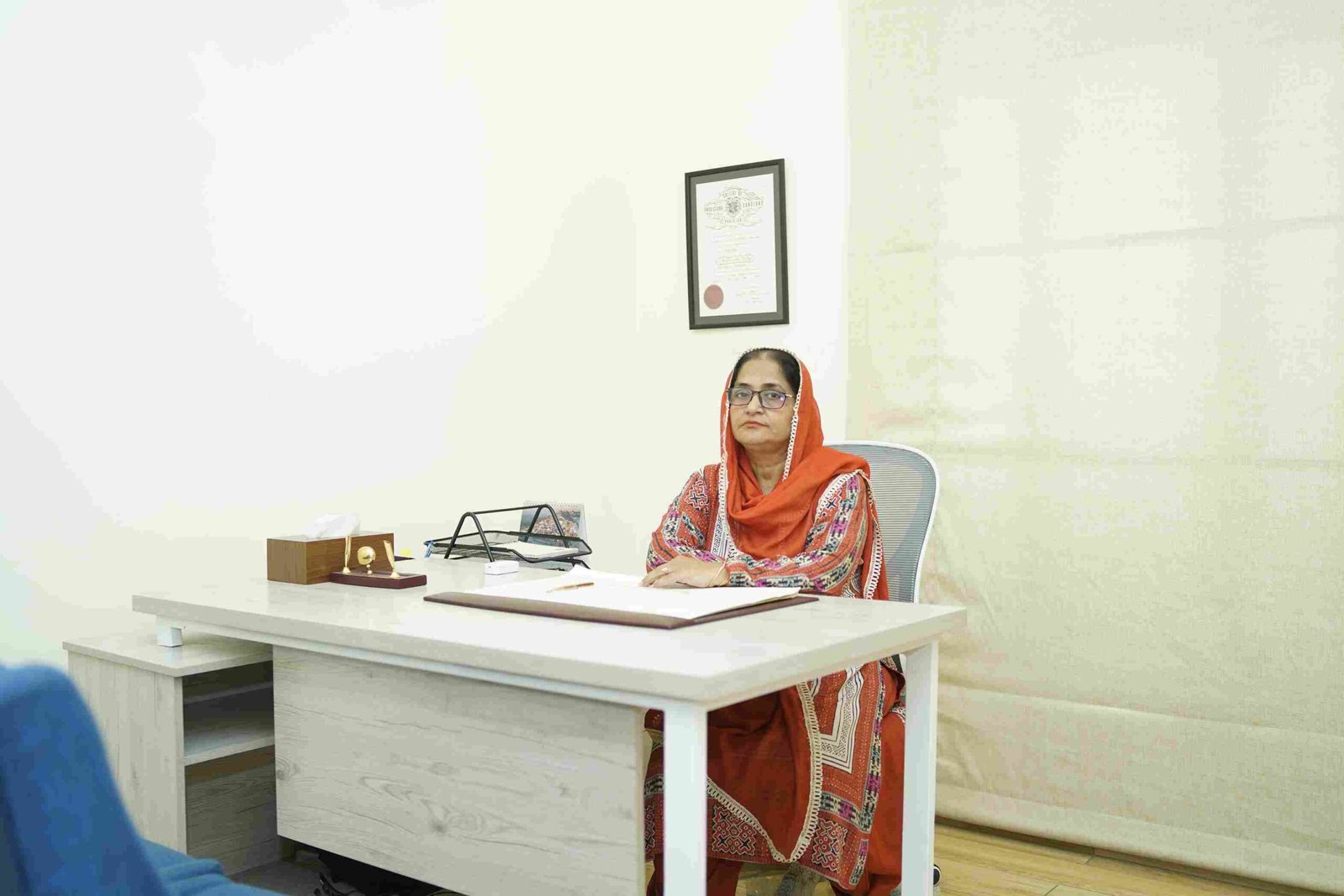What is the difference between clinical and counseling psychology?
Clinical Psychology
In Clinical Psychology, the focus of study is on several mental health conditions and it incorporates clinical pathology – the study of injuries and diseases. Clinical Psychology also involves therapy sessions but it emphasizes more on the approaches, assessments, diagnosing, and treatments of patients who are struggling with mental illnesses. A clinical psychologist works at hospitals and clinics, providing care and treatments to patients.
Area of specialization
Clinical Psychology involves examining, diagnosis, and treatment of mental conditions in both children and adults.
Counseling Psychology
In Counseling Psychology, the focus is on therapy or counseling of individuals, couples, groups, and organizations from all walks of life. An individual may not necessarily have a mental health condition to consult or talk to a counseling psychologist – it is aimed at improving the well-being and health of individuals for everyday life. A counsel psychologist may be typically found working in settings such as community mental health centers, school or university counseling organizational spaces, etc. – providing counseling sessions to individuals or a group of individuals.
Areas of specialization
Counseling Psychology involves dealing with personal, social, emotional, occupational, educational, health-related, or developmental issues.
Now we will come on to the similarities that are found in both of these specialized fields.
Both Counseling and Clinical Psychology are part of applied psychology. These fields focus on garnering skills that are adopted through working with others in the identification, diagnosis, and treatment of psychological problems. Moreover, in clinical and counseling psychology, one of the common methods used is evidence-based practices which are backed by scientific basis. The graduate training programs in both fields are focused on research.
Completing a master’s degree in Clinical Psychology or Counseling Psychology can help you lead the way for a license to practice in the field professionally. You may also choose to study further by opting for a doctoral program in the same field or any other similar mental health field.


